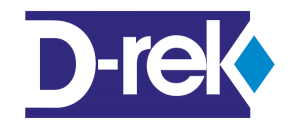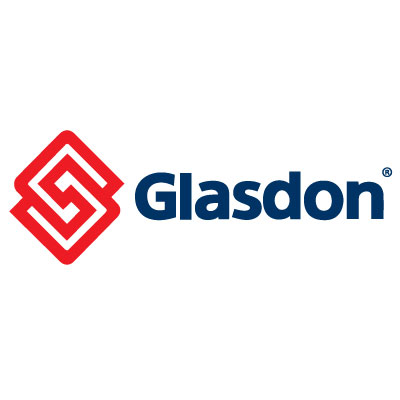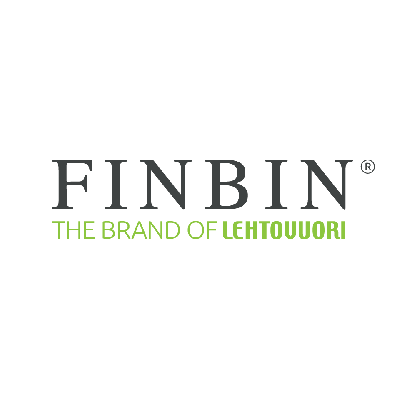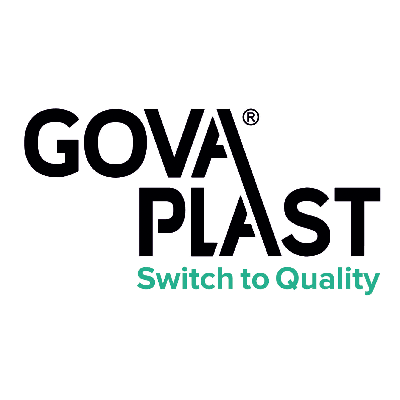Lithuania leads, the rest of the world shall follow
Category: Recycling
2019-11-13 | © Glasdon International
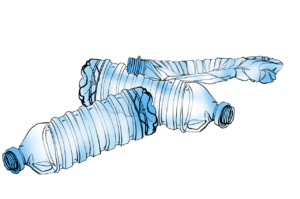
APLINKOS ELEMENTAI
In February 2016, Lithuania implemented its Deposit-return system to reduce litter and promote recycling all throughout its territory. What this meant is that consumers would pay a deposit of €0.10 at the moment of purchasing eligible drink bottles and would be refunded once the empty bottle was returned for recycling.
It’s been more than 3 years since this scheme was put into action and the results have been astoundingly positive. Citizens and environmentalists have witnessed decreasing amounts of litter in public spaces including forests, lakesides, beaches, parks and highways. Because of this success story many countries send delegations to Lithuania for a better understanding on the effectiveness of this system in order to implement it in their own nations. For other neighbouring countries, such as Malta and Latvia, plastic pollution in their tourist destinations and natural landscapes has been a wake up call and now they too are set to introduce the Deposit-refund system within the next year.
This shows the world is moving rapidly in efforts to tackle global waste and the old model of linear economy is no longer a sustainable option. Lithuania is promoting a circular economy model and this is changing the mentality of growing businesses and stakeholders.
Linear economy vs circular economy
In a linear economy raw materials are collected, then transformed into products and finally discarded after use. The main purpose of this model is to produce and sell as many products as possible.
In a circular economy the raw materials used and converted into products can be recycled and transformed into new products for reuse up to several times, therefore reducing waste and forming a “closed loop”.
APLINKOS ELEMENTAI
